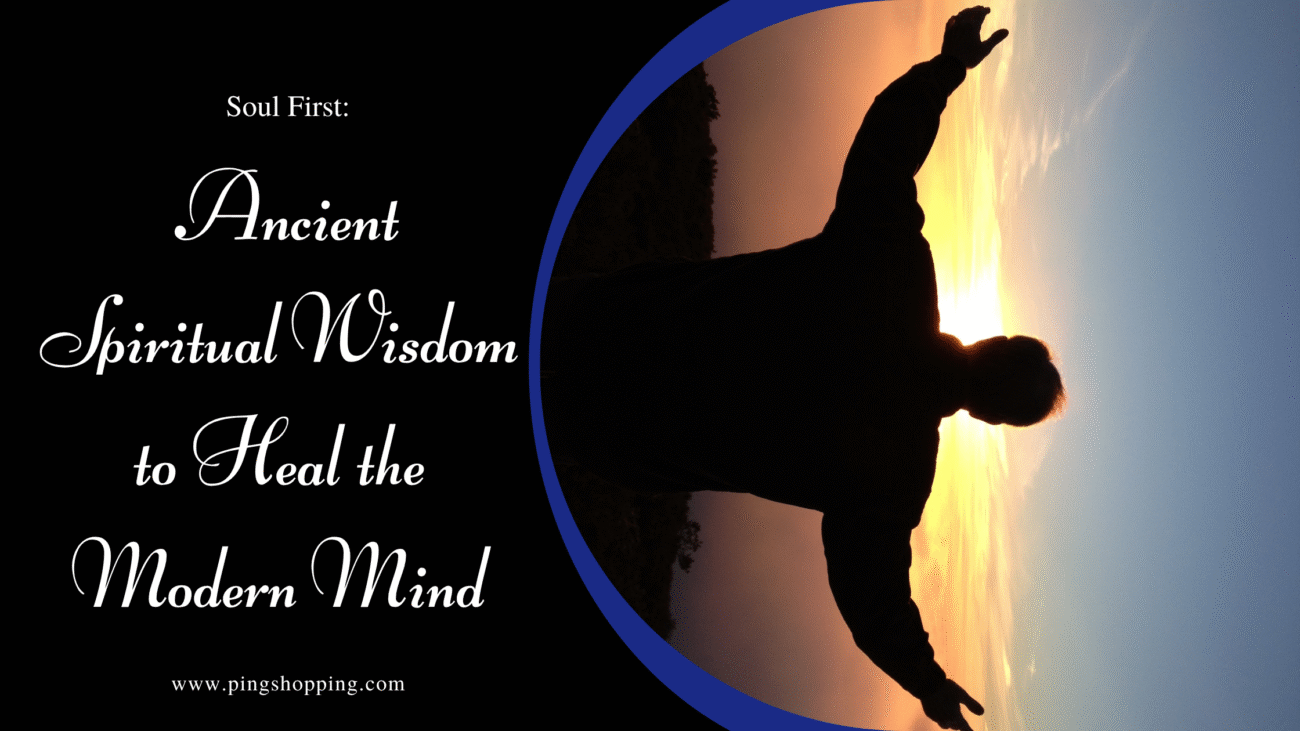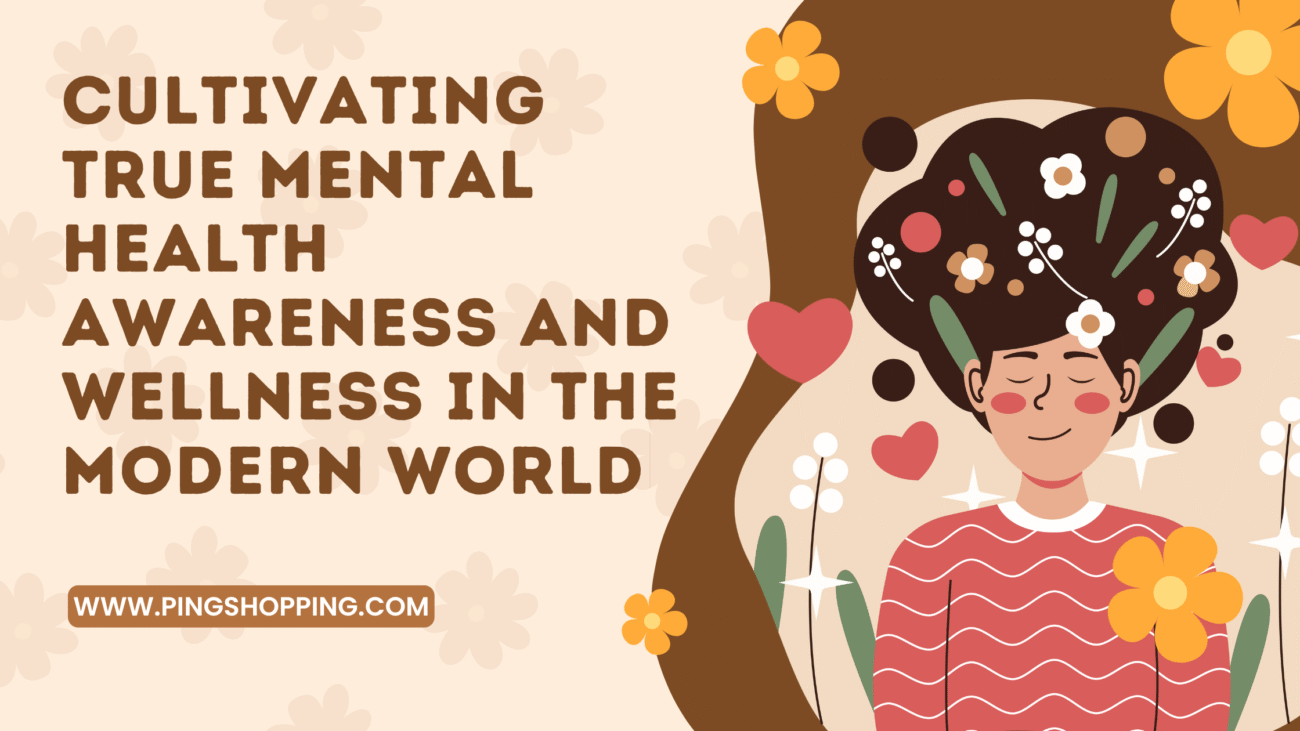In a world surrounded by adverse mental health issues, spiritualism can be the greatest savior for you. It brings the kind of mental peace that psychology or therapy can’t. However, attaining spiritual wisdom sounds confusing for many people. It doesn’t involve worshipping god every day; spiritualism is more about being self-aware and connecting with yourself.

Though the soul is normally tackled by medicine and science, its well-being has been sustained for centuries via sacred scriptures.Let us discover how the ancient spiritual wisdom of the Bible, Bhagavad Gita, and other sacred scriptures can help us reacquire inner peace and emotional balance.
1. The Spiritualism Battle Within: Accepting the Mind’s Struggles
In the Bhagavad Gita, the war hero Arjuna is frozen on the battlefield, beset by fear, sorrow, and a feeling of ethical collapse. His helplessness is strikingly relatable, reflecting the internal battles many of us face in daily life.
“The mind is restless, turbulent, strong, and unyielding. I consider it as difficult to subdue as the wind.”
— Bhagavad Gita 6:34
Krishna doesn’t invalidate Arjuna’s struggle. He does recognize it and proposes a way forward: discipline and detachment in training the mind. Don’t repress or flee from our inner turmoil; we need to observe it and collaborate with it.
Takeaway: Self-kindness is the initial holy step to heal and protect yourself from the chaos.
2. “Be Still and Know”: Finding Peace in Silence
We exist in a super-connected, over-stimulated culture. Notifications, opinions, and comparisons engulf us round-the-clock. But ancient wisdom calls us into a different beat called silence.
“Be still, and know that I am God.”
— Psalm 46:10
It’s in the silence when we stifle ego and start listening to the inner voices of the soul. The stillness that worry starts to fade, and the presence of something larger becomes apparent—not in words, but in experience.
Other traditions mirror this sentiment:
“Peace comes from within. Do not seek it without.”
— Attributed to the Buddha (modern paraphrase)
These teachings remind us that peace isn’t a product, it’s a presence.
3. When You’re Weary: God’s Comfort in Depression
Depression predated modern diagnoses by centuries. The Psalms contain some of the most honest, raw laments in all of literature.
“Why, my soul, are you downcast? Why so disturbed within me? Put your hope in God…”
— Psalm 42:5
Even David, a prophet and a king, struggled with hopelessness. He didn’t conceal it—he took it to God. It makes room for it and provides solace in divine friendship.
In Islam, the Prophet Muhammad (peace be upon him) faced severe emotional suffering, particularly during the “Year of Sorrow.” The Qur’an has this to say:
“Verily, with hardship comes ease.”
— Qur’an 94:6
Suffering is not defeat. It is the ebb and flow of life—and never without the assurance of eventual ease.
Reflection: You’re not alone in your sorrow. Prophets, saints, and sages explored this way before you but found peace on the other side.
4. Surrender, Not Escape: Letting Go of Control
Much of our mental pain comes from our desperation to control results—careers, relationships, timelines. But spirituality shows us to do our part and let go of the rest.
“Let go and let God.”
— Christian proverb
“You have the right to perform your prescribed duty, but you are not entitled to the fruits of action.”
— Bhagavad Gita 2:47
These lessons don’t promote passivity. They teach active letting go—fully participating in life, but without holding onto outcomes. This way of thinking is both freeing and healing.
Mindful Reflection: What are you hanging onto today? Can you loosen your grip—just a little?
5. Love as a Healing Force
Isolation is at once symptom and cause of emotional pain. Sacred writings teach us that connection—with others and with ourselves the part of God’s plan.
“Love your neighbor as yourself.”
— Mark 12:31
This invitation to love takes root not in oneness. The Isha Upanishad says it so well:
“He who sees all beings in the Self and the Self in all beings never turns away from it.”
— Isha Upanishad, Verse 6
Spirituality invites us to know we are never alone. Love—divine, familial, communal—is a great balm for the soul.
Tip: Write a nice message today—to someone you love, or to yourself.
6. The Role of Faith in Healing
Faith is not merely faith in dogma—it’s faith in what you can’t see. It’s understanding light still exists even when you don’t see it.
“Even though I walk through the darkest valley, I will fear no evil, for you are with me.”
— Psalm 23:4
“I am the Self, O Arjuna, seated in the hearts of all beings.”
— Bhagavad Gita 10:20
Faith reminds us that we are never alone. When the world gets too much, spiritual scripture whispers: “Keep going. You’re not bearing this by yourself.”
Conclusion: A Return to the Soul
During our quest for clarity, we sometimes forget that our spiritual health and our mental health are intimately connected. Early texts don’t provide easy answers—but they do provide eternal truths:
- You are not your thoughts.
- You are not alone.
- Peace is possible.
By coming back to scripture and not dogma, we can come back to the part of ourselves that knows how to heal. For more, keep reading at Pingshopping.com
Frequently Asked Questions
What is spiritualism?
Spiritualism is the belief that humans are more than physical beings and that inner spiritual experiences can influence mental peace, self-awareness, and emotional healing — often by connecting with an inner “soul insight” beyond material reality.
How does spiritualism help the modern mind?
Spiritualism can support mental well-being by encouraging introspection, emotional balance, and a deeper sense of purpose. Practices like meditation, silence, contemplation, and scripture reflection help reduce stress and create inner peace.
Is spiritual healing a form of therapy?
Spiritual healing is not the same as clinical psychology or medical therapy, but it can complement mental health care. It emphasizes inner peace, meaning, and psychological resilience, which may improve emotional coping alongside traditional approaches.
Can spiritual silence help with stress?
Yes. Many spiritual traditions value silence and stillness as a way to quiet a restless mind, foster self-awareness, and lessen stress caused by constant external stimulation. Practicing silence can improve introspection and emotional clarity.
How does spiritual love support healing?
Spiritual teachings often emphasize unconditional love — for oneself and others — as a core healing force. Feeling connected and loved fosters emotional resilience and reduces feelings of isolation and distress.





